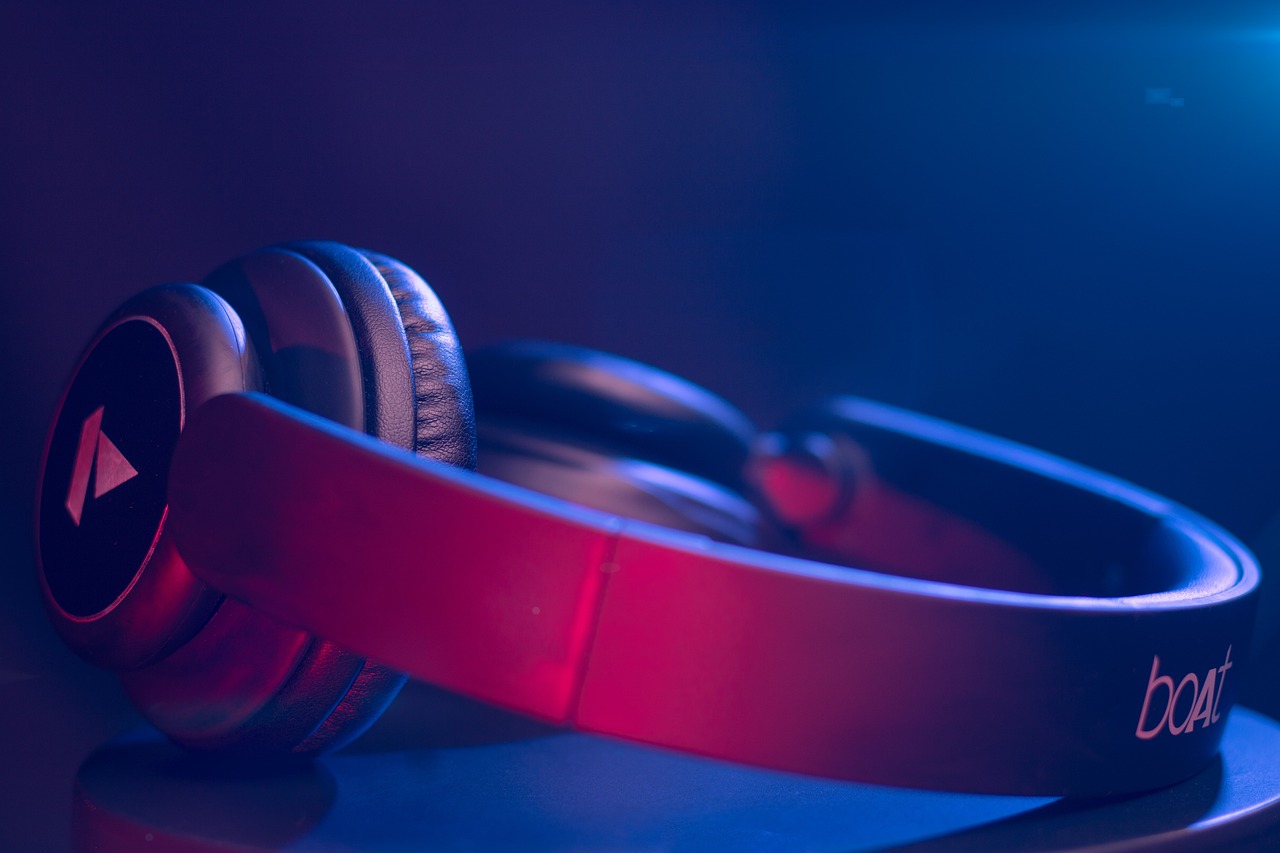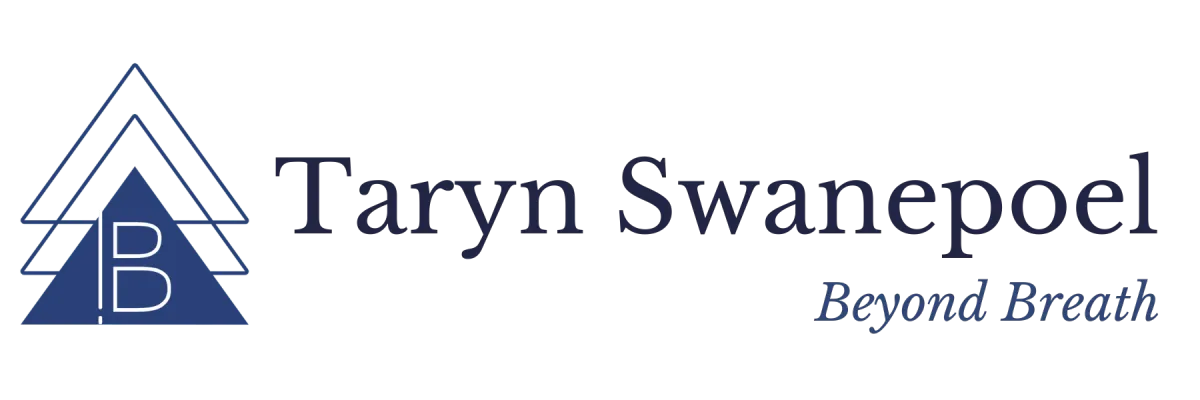Welcome to the Resource Library
Tools for the path.... wherever you may be on it
This space is like a care package — created for the moments when you’re curious, tender, tired, or just craving support you can feel.
Inside, you’ll find simple, soul-aligned tools to reconnect with your breath, deepen your microdosing journey, or simply take the next right step toward yourself. Some are free. Some are paid. All are shared with heart.
Take what you need. Come back when you're called
Breathwork to
Ground & Reset

A short 8-minute guided breathwork session — perfect for first thing in the morning, a mid-afternoon slump, or anytime you feel a little scattered or stuck.
Think of it like hitting the refresh button on your internal browser. Gentle, effective, and easy to come back to again and again.
A Living Library
of Words

This isn’t just a list of recommendations — it’s an evolving, seasonal Google doc full of books and podcasts that have moved me, my friends, and my mentors.
Whether you're in a tender place, an awakening one, or somewhere beautifully in-between — there's something in here for you.
If your favorite isn’t listed, send me a message... it just might make it in!
Soundtracks for the Soul

Music is medicine.
These playlists are curated for breathwork, ceremony, movement, stillness and everything in between.
Some are meant to guide you inward. Others to help you shake it out. All of them are crafted with presence.
Microdose Journal

A self-guided companion for experienced microdosers ready to bring more intention, presence, and depth to their practice.
This isn’t just a tracker — it’s a quiet mirror.
Designed for those who already have a basic understanding of microdosing, this journal helps you slow down, tune in, and notice what’s truly shifting beneath the surface.
Inside, you’ll find space for reflection, clarity, and emotional tracking — so the subtle becomes visible, and the experience becomes your own.
Includes a free guided breathwork session to support integration and help you reconnect with your body throughout your journey.
Ideal for anyone walking the microdosing path solo, but still wanting to feel held, focused, and intentional.
Breathwork Journeys

Audio-guided journeys for when you’re ready to feel it, move it, and let it go.
These extended breathwork sessions (60–90 minutes) are designed to take you deeper — into your body, your breath, and the emotional landscapes we often avoid. Each journey is gently guided, music-led, and themed around a specific invitation or shift.
The first in the series,
Letting Go
, offers a powerful container for softening your grip on what’s no longer serving — whether that’s grief, anxiety, or something harder to name. All you have to do is press play, lie down, and breathe.
No fluff. No rush. Just space to release, and remember who you are beneath the noise.
Ideal for anyone needing calm, clarity, or an embodied way to move through what’s been stuck.
5 Breathwork Practices for Everyday Life

A free PDF guide to help you breathe your way back to calm, clarity, and presence one moment at a time.
These six simple but powerful breathwork practices are designed to meet you in real-life moments — when you’re overwhelmed, ungrounded, anxious, or just need a reset.
Inside, you’ll find step-by-step instructions for each practice, plus gentle guidance on when and how to use them. Whether you’ve got five minutes or fifteen, this guide offers you something steady to return to.
Ideal for beginners and seasoned breathers alike, anyone looking for grounded, everyday tools to regulate, release, and reconnect.
Blog Posts

New Blog Post
Coming Home to Authenticity: Why We Hide, How We Return, and the Science That Proves It Matters

Something I’ve been thinking about lately is authenticity, what it really means, how easily we lose it, and why reclaiming it feels like finally taking a full breath.
When I listened to Mel Robbins’ conversation with Dr. Todd Rose, it stirred something in me. He spoke about collective illusions - those quiet, invisible beliefs we absorb about what a “good life” should look like. The career. The body. The relationship. The never-ending chase to “have it all together.”
It made me wonder how often we’re living from the outside in molding ourselves to fit a picture that was never truly ours.
“Authenticity isn’t a performance. It’s the quiet relief of no longer pretending.”
The Quiet Cost of Belonging
Why do we do it?
Why do we lie to ourselves — not the dramatic kind of lies, but the small, quiet ones?
The I’m fine when you’re not.
The smile that hides the ache.
The moment you silence your truth to keep the peace.
Most of us don’t do this because we’re deceitful. We do it because we’re human. Because belonging feels like safety.
Dr. Rose shared something that stopped me: when we believe we’re aligned with our group — when we fit — our brain’s reward system lights up. It feels good, even when it costs us our peace.
That’s the thing about belonging — our bodies are wired for it. But somewhere along the way, we started confusing belonging with fitting in.
Fitting in asks you to twist yourself into a shape that others will accept.
Belonging asks you to bring your whole, unedited self.
And here’s the beautiful part: science has been quietly proving what our hearts already know.
The Science That Already Knows What the Soul Feels
A study on authenticity and mental health followed more than seven hundred people, exploring what happens when our lives align with our inner truth.
The findings were clear — those who acted from their own values reported higher well-being, steadier emotions, and a deeper sense of satisfaction with life.
When your outer life matches your inner world, the nervous system exhales.
Another study looked at rejection — that gut-deep fear of being left out. Participants who recalled moments of authenticity were less emotionally affected by social exclusion.
In other words, when you belong to yourself, the loss of external approval doesn’t cut as deep.
Even in the corporate world, where authenticity might sound too poetic, researchers noticed something profound. When people were encouraged to express their real selves, trust increased, burnout dropped, and energy rose.
It’s simple: honesty fuels vitality; pretending drains it.
And then there’s what Dr. Rose calls collective illusions — what psychology has long named pluralistic ignorance.
It’s that eerie social mirroring where we all go along with beliefs we privately don’t agree with, assuming everyone else believes them.
But most people are pretending, too.
It’s a strange kind of mass self-betrayal — an orchestra of people all playing a song they don’t love, afraid to be the first to stop.
No wonder so many of us are tired.
Not just physically tired — but spiritually exhausted from performing lives that no longer sound like our own.
“The body knows the truth first. The mind just takes longer to catch up.”

Returning to Ourselves
So how do we come back?
How do we move from performing our lives to actually living them?
The return begins with noticing.
Maybe it’s the flicker of tension when you say yes but mean no.
Maybe it’s the ache in your chest when you swallow your truth.
Maybe it’s that quiet fatigue that follows every time you pretend to be fine.
These are invitations — small doorways back to yourself.
Psychologists call it self-alienation: the distance between who you are and how you show up.
Your body, though, calls it something simpler — disconnection.
That’s why breathwork can be so transformative. The breath doesn’t lie. It reflects your truth in real time.
When you hold your breath, suppress, or rush it, your body mirrors the same pattern in your life. But as you soften, as you exhale, as you allow — truth finds space again.
You don’t have to fix yourself to return.
You just have to notice where you’ve left.
Maybe authenticity isn’t a destination at all, but a muscle — one that strengthens each time you tell a small truth:
an honest no,
a gentle I don’t know,
a breath that finally releases.
Each act of truth brings you closer to yourself.
Your shoulders drop.
Your mind quiets.
Your body remembers.
Because truth doesn’t demand. It invites.
It doesn’t shout. It waits.
It sits quietly beneath the noise, ready to meet you the moment you stop performing long enough to breathe.
“The breath doesn’t lie. It shows you, in real time, how honest you’re being with yourself.”
Belonging, Truth, and the Breath That Bridges Them
Authenticity doesn’t separate us — it connects us more deeply than anything else can.
When we show up honestly, we stop performing and start relating.
We stop comparing stories and start recognizing ourselves in one another’s cracks.
That’s real belonging — not being accepted, but being known.
And each time one of us chooses truth, it gives others permission to do the same.
Your courage becomes a mirror. Your honesty, medicine.
That’s why I’m drawn to breathwork as a practice of authenticity. The breath is truth made visible. It carries us home — one inhale, one exhale at a time.
If you’ve been feeling that quiet disconnection — like you’ve outgrown the shape of your own life — I’d love for you to join me.
On Sunday, October 27th, we’ll gather for a 90-minute breathwork session called Coming Home to Your Truth.
It’s not about fixing yourself. It’s about remembering yourself — the version that’s been waiting just beneath the noise.
We’ll breathe, release, and return.
Because maybe authenticity isn’t found in grand awakenings, but in the slow, steady act of telling the truth —
in your words,
your choices,
and your breath.
Referenced Studies & Sources
Rose, T. (2022). Collective Illusions. Grand Central Publishing.
Wood, A. M., et al. (2008). Authenticity as a Predictor of Mental Health. Personality and Individual Differences.
Kouchaki, M. & Gino, F. (2016). How Authenticity Eases Social Rejection. Journal of Experimental Social Psychology.
Leroy, H., et al. (2021). Authentic Self-Expression and Work Engagement. Journal of Management.
Higgins, E. T. (1987). Self-Discrepancy Theory. Psychological Review.

Seasoned professional in breathwork facilitation, yoga instruction,
nutrition coaching, and psilocybin guidance
Contact Me
taryn@beyondbreath.ca
Follow Me
DISCLAIMER: BEYOND BREATH and this website do not provide, sell, or distribute psychoactive substances. The information on this site is for educational and harm reduction purposes only and should not be considered medical or legal advice. We encourage responsible engagement with these practices, and you should consult a qualified medical professional before considering psychedelic substances. Our work emphasizes safety, reverence, and personal responsibility.
For more detailed information, please read our full disclaimer.
